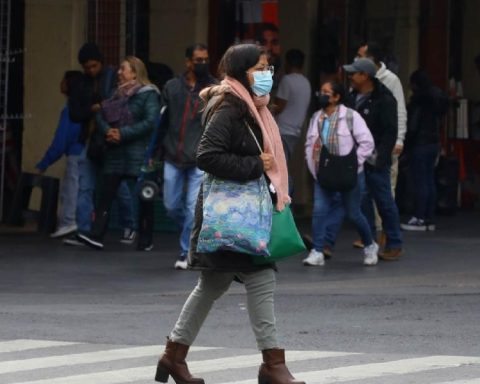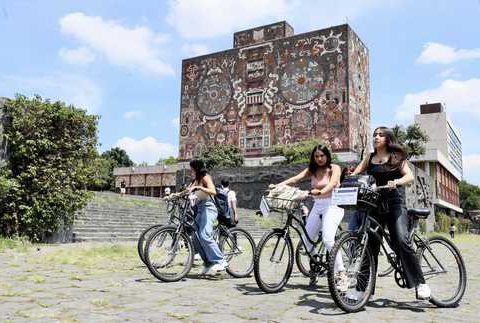D
after the problems that the strict control of covid-19 and its variants continues to cause in order to achieve zero infections, China was joined by an unprecedented drought and heat wave (more than 40 degrees and thermal sensations of 50), the largest recorded for the last 60 years. The Yangtze River basin, where the provinces of Sichuan, Jiangxi, Zhejian and Shanghai are located, inhabited by 370 million inhabitants (more than a third of the country’s population), is the worst affected. Large industrial centers and cities, such as Chongqing and Shanghai, are located there. All the specialists’ forecasts assure that what has been experienced in recent months is an announcement that environmental imbalances will be greater and more frequent due to climate change.
No activity has escaped what is happening: agriculture, industrial centers and the supply of water to urban and rural settlements. China is the largest maquiladora on the planet, but with a high domestic consumption and self-sufficiency in the production of essential foods in the national diet: rice, wheat and corn; plus the reduction that it will have in the harvests of these products will force it to import them in a world market already aggravated by the destructive Russian invasion of Ukraine.
What best exemplifies the effects of drought is the drop in the flow of the Yangtze River, the longest and mightiest in Asia. A third of the resources demanded by the population are located in its hydrographic basin and it is the engine of industry, including export.
Water is the vital element for the world’s second economy, which has built gigantic hydraulic projects to generate electricity and prevent flooding. The largest of all is the Three Gorges, in the center of the country and fed by the Yangtze River. It is the largest on the planet and covers 10 percent of the national energy demand. Also serves as a lift
for boats that navigate the river and can pass the dam.
Its construction and operation produced severe environmental and social consequences. Among others, 1.6 million inhabitants were relocated to establish it. Buried by the work were historical remains that range from the Paleolithic to the Ming dynasty. Huge are also the Laxiwa dams, on the Yellow River; the Ertan, in a tributary of the Yangtze; the Shuibuya, fed by the waters of the Qingjiang River, and the Longtan, on the Hongshui River.
Late, the authorities admitted that they had not carried out enough studies to measure the environmental effects of these colossal hydraulic works. Especially in the course of the Yangtze, whose area of influence includes urban and economic zones that extend over 2 million square kilometers.
China has not escaped the heat wave that is still hitting various parts of the world. Large areas of the country still suffer from it. To make matters worse, this year it has rained 60 percent less than average. In the Yangtze basin, 66 rivers have dried up. And although China relies on various energy sources to generate electricity, in some regions the main one is hydroelectric. As in Sichuan, inhabited by 84 million people. There are factories for electric car batteries and solar panels, and where about 20 percent of China’s lithium and 13 percent of Chinese polysilicon are processed. Many of these important industrial complexes reduced their capacity due to power outages due to the drought. This was the case with Toyota and Volkswagen cars.
As many of the rivers reduced their flow, hydroelectric power generation plummeted 51 percent. In Sichuan, 82 percent of what is consumed is hydroelectric. Added to the blackouts in this region was the restriction of the use of air conditioners, lighting or escalators in offices and shopping centers. Same in Shanghai.
One of the factors that decisively contributed to the crisis that China is now facing is having based its high and rapid economic growth at the expense of natural resources; radically alter water flows. The authorities of the Asian giant do not hide their mistakes and announce very strict measures so as not to endanger their economic achievements and social and political stability.














